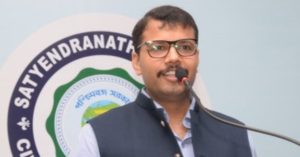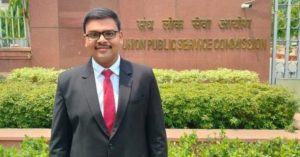#UPSCSimplified: IAS Topper Shares Tips on How to Prepare for The Interview Stage
He says that aspirants must remember that the interview not only checks your knowledge but your aptitude towards service.

With over 10 lakh applicants each year, and only 1,000 selections—the UPSC exams can seem like an insurmountable hurdle. But they can be crossed! In ‘UPSC Simplified’, The Better India catches up with toppers to uncover the dos and don’ts for India’s toughest exam.
Isn’t it amazing to draw inspiration from home? Dr Vaithinathan, who secured the All India Rank of 37 in the 2015 Civil Services Examination, was inspired to appear for it after his elder sister, Ponni, became an IPS officer.
Hailing from Puducherry, he pursued medicine and began his practice at a private clinic in Chennai.
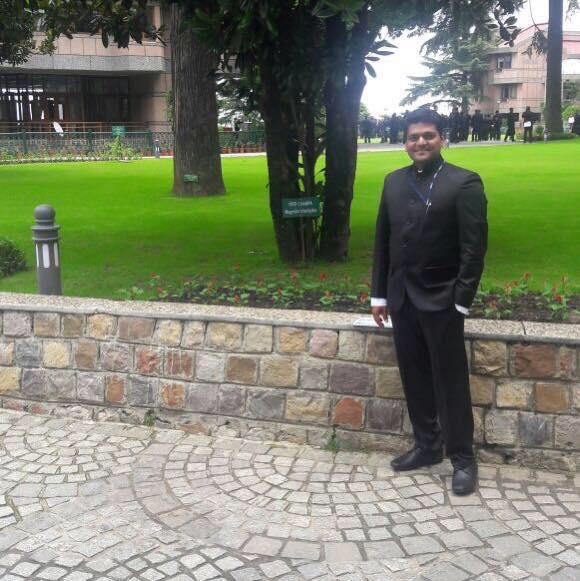
During his medical internship, he was exposed to administrative snags in the system, not to mention the lack of services for the poor. With his sister showing him the path to make a difference in people’s lives, he decided that the civil services were going to be his future. Persuading his parents and appearing for the exam was worth the effort.
In this exclusive interview with The Better India, Dr Vaithinathan speaks about his journey, balancing work and studies, and the importance of the interview stage. Having attempted the examination four times, he speaks about how the interview is among the most critical junctures in the selection process and must be given due importance.
Despite not even making it past the prelims in the first two attempts, Dr Vaithinathan kept going with his sister’s words resonating. In the third attempt, he came up to the interview stage but was unable to clear it.
He begins, “During my ward duties, I would attend to patients for three hours each day, along with emergency cases. Then, I would study.”
At the time of his preparation, he moved to Delhi where his shifts would last for 24-36 hours at a stretch. The two-day break he got would be spent in preparation.
What kept him going despite the failures, was something his sister had said to him, “Don’t let a moment of defeat define your life’s outcome.”
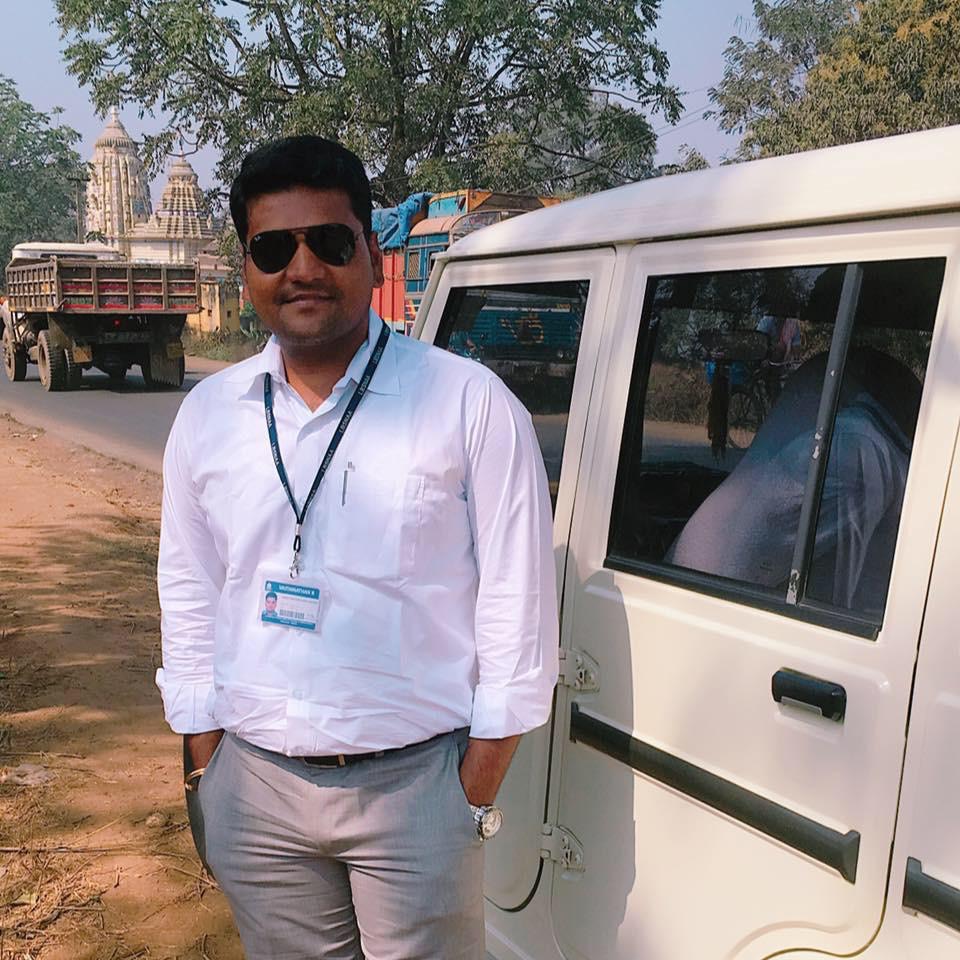
He says that aspirants must remember that the interview not only checks your knowledge but your aptitude towards service.
“All the written papers test your knowledge, so while preparing for the interview, make sure you go with the right attitude. The questions are designed to test your overall personality.”
He also clarifies that you need not study any additional material for the interview. “There is no need for a separate preparation. As an aspirant, you would have already prepared everything, and that is what you will be tested on.”
Things to remember before appearing for the interview:
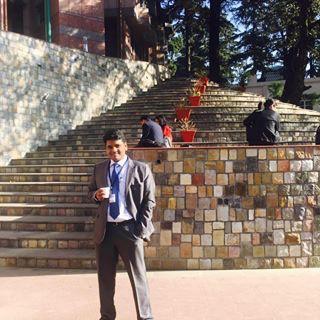
∙ Practise conveying your point to the interviewers concisely and understandably.
∙ Stick to the question and do not deviate while answering.
∙ Before you start answering, quickly make a mental note of the points you wish to speak about.
∙ Address the main points while answering and leave out those that will not help your cause.
Dr Vaithinathan also goes on to say that before you appear for the interview, it will help to brush up on current affairs. Regularly reading the newspaper keeps you updated about all that is happening around the world, whether it is about politics, domestic and international policies, or even small things in your town or city.
He suggests that when you do not know the answer to a question, you should admit to it.
He adds, “I always felt that the interview is like a test match, where you have to leave the difficult questions. While it takes about 20-30 minutes, it is important for the aspirant to stay alert and field well. There may be some questions that go above your head, so remain calm and field them well.”
You May Also Like: More Than Your Marks: Professor’s Inspiring Post Will Make You Rethink Board Exams
Having said this, he adds that when asked an opinion-based question, you must give a clear opinion and provide a logical justification. Saying you do not know or do not have an opinion will not augur well. Undergoing a few mock interviews will also help a great deal.
With these pointers, we wish you the very best for the examination!
(Edited by Shruti Singhal)
Like this story? Or have something to share?
Write to us: [email protected]
Connect with us on Facebook and Twitter.
This story made me
- 97
- 121
- 89
- 167
Tell Us More
We bring stories straight from the heart of India, to inspire millions and create a wave of impact. Our positive movement is growing bigger everyday, and we would love for you to join it.
Please contribute whatever you can, every little penny helps our team in bringing you more stories that support dreams and spread hope.






